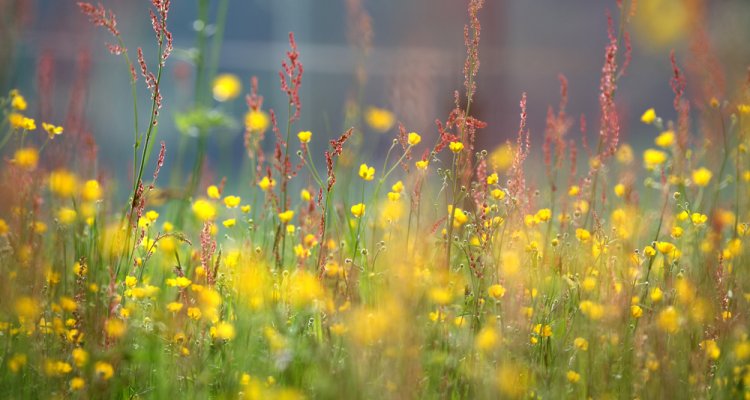
News
Importance of social sciences for the credibility of traditional scientific assessments
It recently made news in the media: the Intergovernmental Platform on Biodiversity and Ecosystem Services (IPBES) presented its Thematic Assessment of Pollinators, a wide-ranging international study incorporating all available knowledge about pollinator species. What is unique about the pollinator study is that the knowledge on which it is based is not derived solely from the physical sciences, but from the social sciences as well.
It contains chapters dealing with local and indigenous practices relevant to management and protection of pollinators, and also analyses governance issues. The study's inclusion of the social sciences lends it credibility and relevance for governments and stakeholders in various parts of the world, as it offers a wide scope of explanations for why pollinators are under threat, as well as realistic options for sustainable protection. This is a key principle for IPBES, which wants not only to gather the best available knowledge but also to make a concrete contribution to policy and decision-making, which is only possible with a broad interdisciplinary approach.
However, this unique contribution to worldwide biodiversity by IPBES is under heavy pressure due to severe budget deficits. Last week it was revealed that IPBES is giving priority to scenarios, models and implementation of global assessment. This comes at the expense of methodological studies that are important from a social perspective and focus on the societal importance and economic, social and cultural value of biodiversity. Proposed research into invasive species or sustainable use of natural aids, studies which are strongly advocated by countries such as South Africa and Mexico, has also been put on hold. This prioritising has two consequences.
First of all, it poses a further setback to the inclusion of social sciences in IPBES. 'IPBES has achieved a lot,' says Esther Turnhout, Professor of Politics of Environmental Knowledge at Wageningen University. 'But the current inclusion of social sciences in the studies is decidedly inadequate. Right now, after the successful launch of the pollinator study, momentum has been created and IPBES could succeed in recruiting more social scientists. However, it seems that IPBES is going to miss this opportunity, thereby putting itself at high risk of not wholly fulfilling its function.'
Secondly, it exacerbates the relationship between the northern and southern hemispheres. Theo van der Sluis (Alterra) is afraid that this could put support for IPBES at risk: 'The studies on invasive species and sustainable use are directly relevant to current and concrete problems, specifically in the southern hemisphere, that could potentially have a significant impact on policy and management.' Esther Turnhout and Theo van der Sluis feel it's a pity that IPBES has chosen to suspend these activities in particular. IPBES is losing its comparative advantage to carry out wider-ranging studies, studies rooted not only in the physical sciences but in the social sciences as well. In doing so, IPBES risks losing its legitimacy.
Esther Turnhout and Theo van der Sluis were in Kuala Lumpur last week to attend the fourth IPBES plenary. In preparation for the conference, various experts from Alterra and Wageningen University advised the Ministry of Economic Affairs on various items that were on the agenda. These experts included David Kleijn, Esther Turnhout, Dolf de Groot, Marta Perez-Soba, Theo van der Sluis, Gerard Jagers op Akkerhuis and Berien Elbersen. With its EU presidency, the Netherlands took the initiative to coordinate positions among the EU member states in regard to the decisions to be made and was able to make use of Wageningen's expert input.